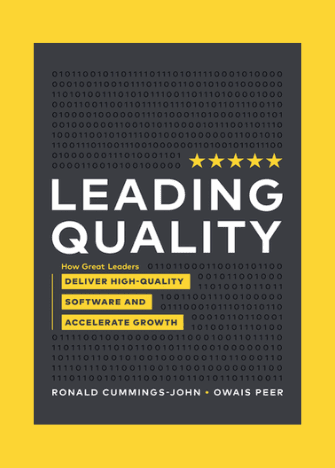Performance testing is a form of software testing that evaluates how well a software program performs under various load conditions. Its primary objective is to identify performance bottlenecks and issues that may impact an application’s responsiveness, scalability, and stability.
This testing involves compiling every test that confirms an application’s responsiveness, reliability, resilience, and appropriate sizing. It analyzes several parameters, including browser, page, and network response times, server query processing times, the architecture capacity to support concurrent users, CPU memory consumption, and the quantity and type of errors that may occur during application use.
There are several software performance testing methodologies that can be used, such as:
Load testing: Assessing software performance under high-load situations to gauge its response to multiple concurrent users.
Capacity testing or soak testing: Evaluating the software’s capacity by determining the maximum number of concurrent users it can support and the amount of stress it can endure.
Stress testing: Testing the software’s performance under conditions of heavy load to identify its capacity limits.
Endurance testing: Evaluating the software’s performance over an extended period to detect any performance degradation due to prolonged use.
Spike testing: Evaluating how well the program performs when there is an unexpected increase or decrease in load.
Unit testing: Identifying transactions that can cause system disruptions by simulating transactional activities of a functional test campaign.
Performance evaluations are useful for examining numerous performance criteria, including response times and potential faults. By conducting this type of testing, testers can confidently spot bottlenecks, faults, and errors and optimize the application to resolve any issues before its public release.
Happy testing!
About the tester
Thamsil has been part of Tester Work for more than 3 years and shares his software tester expertise in this article.
This article is the sole responsibility of the author. By submitting their work to our blog, authors affirm that the content is original and does not violate any copyrights or intellectual property rights of third parties.







